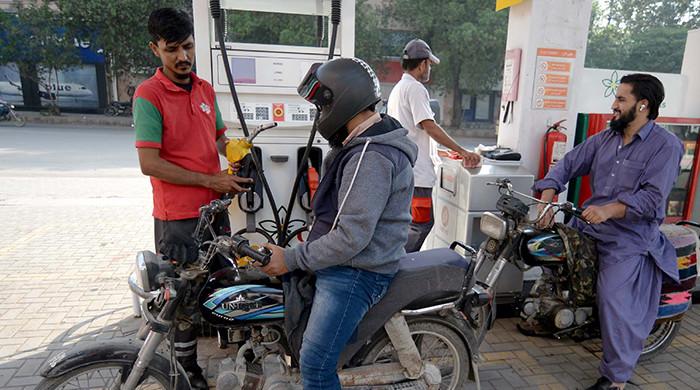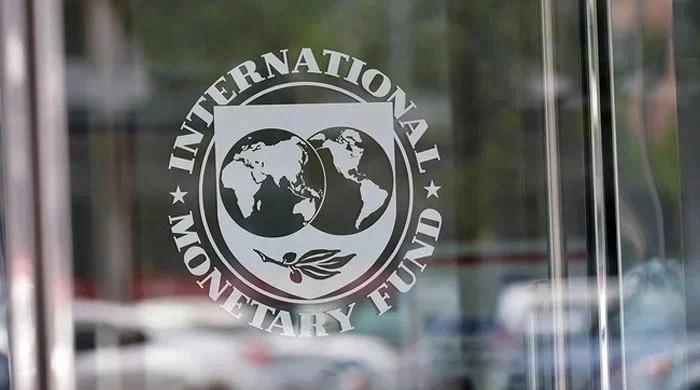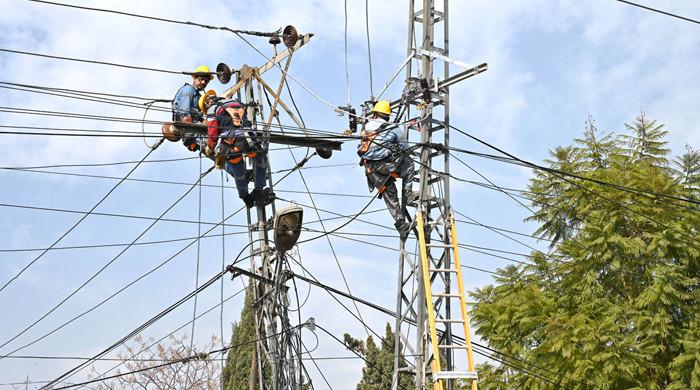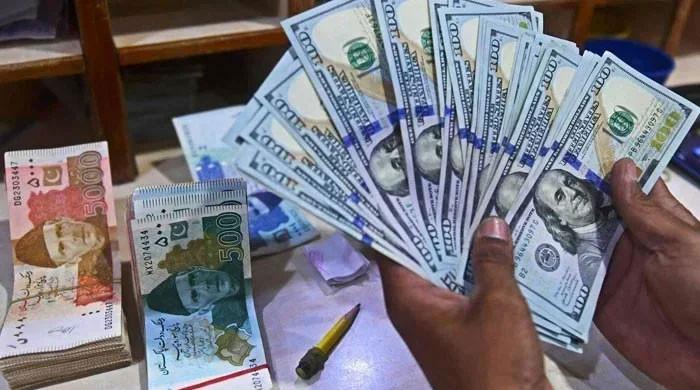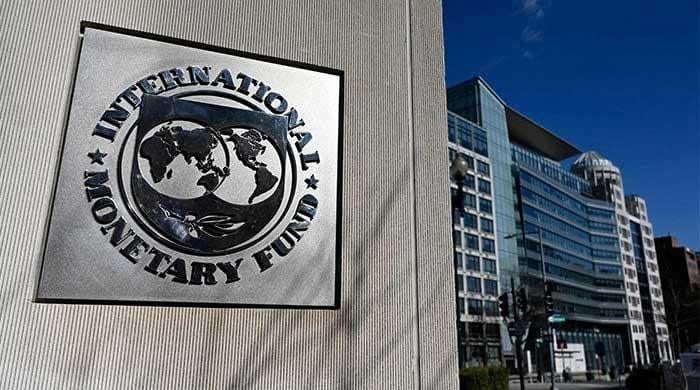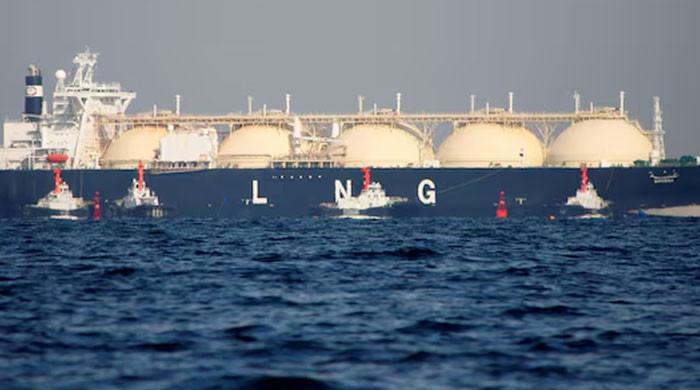Trump's tariffs threaten to choke European chemicals recovery
Europe's chemical producers are facing fresh turmoil as US import tariffs disrupt global trade
September 03, 2025
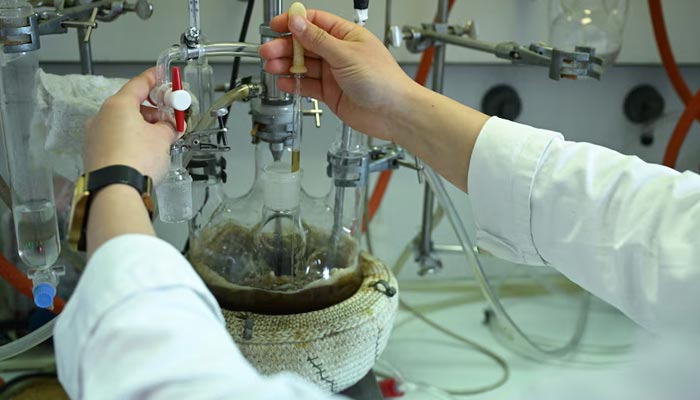
Europe's chemical producers are facing fresh turmoil as US import tariffs disrupt global trade, prompting customers to delay orders and hitting demand in a sector struggling to recover from the region's 2022 energy crisis.
The European Union's fourth-biggest exporting sector after machinery, automotive and pharmaceuticals, has been grappling in recent years with high production costs after gas and power prices soared following Russia's invasion of Ukraine.
That and slowing demand due to struggles in key industries have led some companies in the $767 billion sector to close sites and cut jobs to save costs.
US import tariffs of at least 15% on goods from the EU have hit many of the industry's main customers, including in the automotive, machinery and consumer goods sectors. Global automakers have booked billions of dollars of losses due to the damage done by President Donald Trump's trade war.
Third-quarter earnings at European chemical companies are expected to fall 5%, following a 22% drop in the second quarter, according to LSEG data.
"Since the energy crisis, we've been hoping for a sustained recovery in volumes and margins in the European chemical sector," said Thomas Schulte-Vorwick, an analyst at Metzler Research.
He said the tariffs and price and margin pressure due to stiff Asian competition at home and elsewhere made "a pretty toxic combination at the moment".
The industry's biggest players — notably BASF, Brenntag BNRG, and Lanxess — are somewhat protected from the direct import levies due to their strong US presence but are still affected by cautious customer behaviour.
Customers are delaying orders, causing the companies which make chemicals used in everything from mattresses and car parts to chewing gum to cut or adjust annual outlooks in recent weeks.
BASF, the world's largest chemicals maker, lowered its full-year outlook in July. The German group said some customers were placing orders only weeks in advance — down from the usual three to four months — due to caution over the global economy in the short term.
Dollar Headache
Others, like Brenntag CEO Christian Kohlpaintner, warn that cheaper chemicals from China could flood the European market if competitors there divert exports from the US, as they face a possible surge in levies if Beijing and Washington fail to reach a deal before their tariff truce expires on November 10.
Companies are also feeling the pinch from destocking by clients amid the economic uncertainty as well as a weakening dollar that has been a headache for those booking their profits in euros.
Dutch Dulux paint maker Akzo Nobel AKZO lowered its core profit outlook for 2025 at the end of July, citing ongoing market uncertainties and adjusting for exchange rates.
German chemicals company Wacker Chemie WCHG.DE also cut its outlook in July, citing the weak dollar in addition to slack demand for its products, which include polysilicon used to make solar cells.
"There's essentially been a sequential slowdown in the (European) chemicals industry," said Christian Faitz, co-head of chemical sector research at Kepler Cheuvreux, adding there was hope demand would stabilise into 2026.
The EU exported chemicals worth around 40 billion euros to the United States last year, slightly up from 38 billion euros in 2023, according to figures from sector association Cefic. That was more than the 30 billion the bloc imported from there.
The local industry generates around a third of total sales, or about 224 billion euros, abroad, with most European companies having major operations in their main markets, including China, the world's biggest for chemicals.
"We're coming from a world where Europe produced and exported a lot," said Arne Rautenberg, who heads equity portfolio management at Union Investment. "Going forward, that'll no longer be the case."
Matthias Zachert, CEO of German speciality chemicals company Lanxess, expressed cautious optimism that demand would stabilise towards year-end, having warned last month of a tough third quarter due to the "terrible uncertainty".
However, smaller players such as family-owned speciality chemicals maker Hobum Oleochemicals are counting the cost. One of its potential clients — a US supplier of undercoating products near Detroit — backed out of a deal that could have multiplied sales and offset a weak automotive sector in Europe.
"There's no longer any reliability. And that's total poison for projects and investments," CEO Arnold Mergell said.





